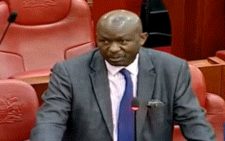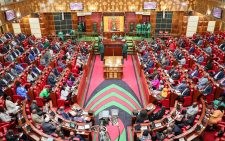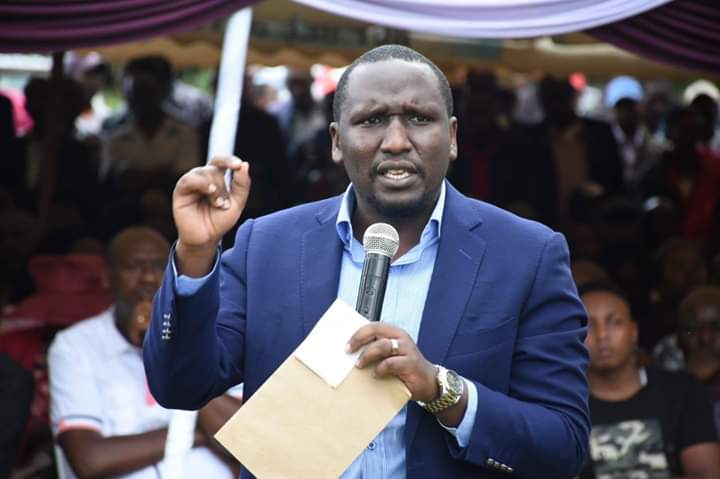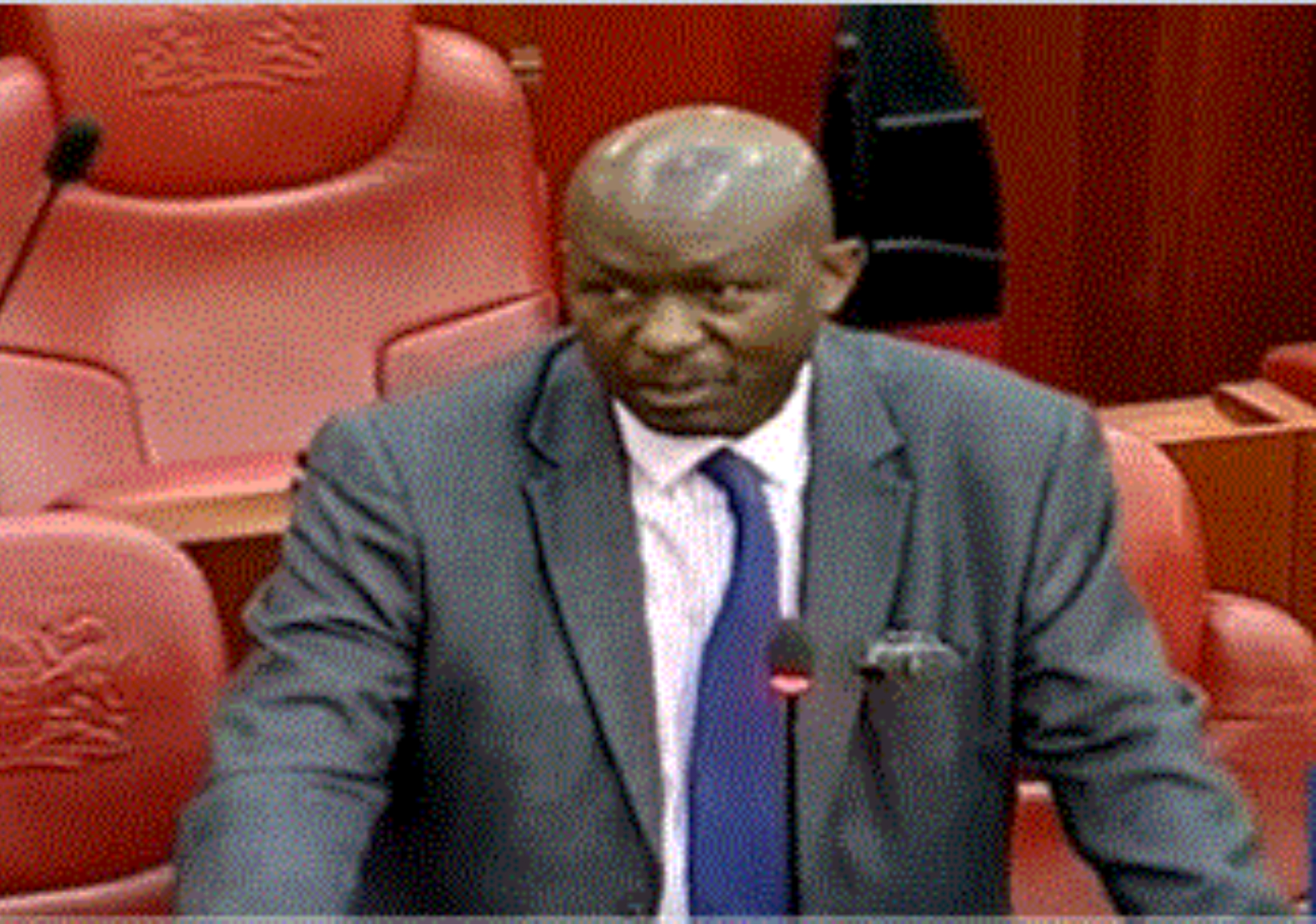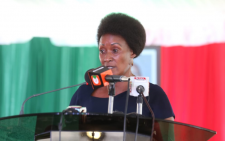Kenya’s higher education sector is one of the areas adversely affected by the coronavirus pandemic.
Thousands of university and college students were sent home and academic calendars disrupted after the virus struck.
The net effect is a delay in progression of learners as well as graduation of final year students to the job market or to pursue further studies.
Student doctors at the University of Nairobi last month protested delayed graduation and lack of allowances.
In these circumstances, every effort should be made to ensure learning resumes for the nearly 600,000 students in local universities.
It is a fact that Kenyans in every facet of society have endured intolerable suffering, due to the virus that has ravaged the country for eight months. This includes painful pay cuts and loss of jobs.
While remaining hopeful that the situation would change for the better, we are perturbed by a decision by some university lecturers to go on strike over unpaid allowances days after the institutions reopened.
The action by Egerton University dons places the future of thousands of students in jeopardy.
Indeed a conflict over salary between the institution and the lecturers’ union, should not end up punishing students.
The over 500 members of the teaching staff who downed their tools on Wednesday faulted the institution for ignoring a court order directing the university to pay the staff.
Granted, the lecturers have every right to demand pay for work. But it is unfortunate that industrial action has become the weapon of choice for them, whenever there’s a problem with the administration.
We have argued here before that work boycott, must be the last option in conflict resolution.
There are many avenues for dialogue. And there has been a plausible argument that lecturers should move away from the collective bargaining routine and adopt a more market-based approach for salary negotiations.
For instance, they could explore a system that accommodates a cost-of-living salary increase given to all, to cover inflation and working environment issues. Indeed, pay increase for dons should be pegged on performance.
This would address needless pay conflicts because hard working academics would be assured of salary increase.
It is unclear why highly educated professionals should resort to unsophisticated means in wage bargaining that eventually hurt the people they intend to serve.






